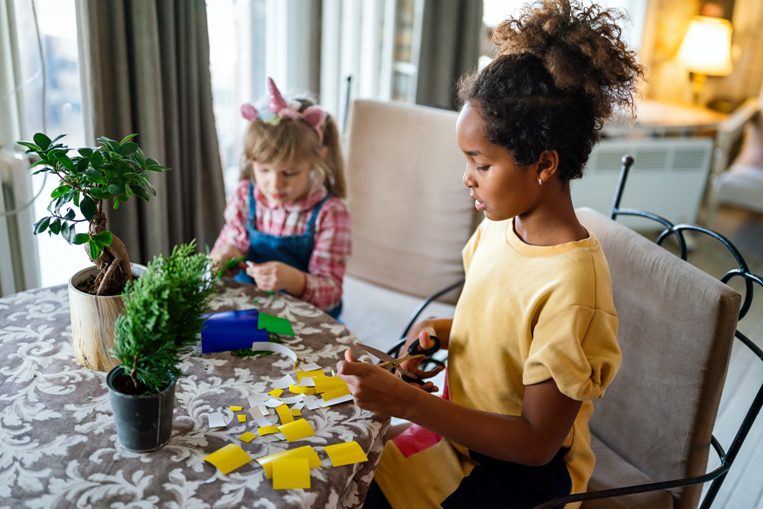In Virginia child custody cases, the cornerstone of any decision by the court is the “best interests of the child.” This principle, codified in Virginia Code § 20-124.3, directs judges to prioritize the child’s overall well-being and development over any preferences of the parents. Understanding how this standard is applied can be the difference between a favorable custody outcome and disappointment.
What Does “Best Interests” Mean?
Virginia’s courts evaluate a broad range of factors to determine what arrangement will best support the child’s emotional, physical, and developmental needs. These include:
1. The age, physical, and mental condition of the child, and the child’s changing developmental needs.
2. The age, physical, and mental condition of each parent.
3. The relationship between each parent and the child, focusing on the ability to meet the child’s emotional and intellectual needs.
4. Each parent’s role in the upbringing and care of the child.
5. The tendency of each parent to support the child’s contact with the other parent.
6. The child’s preference, if the child is of suitable age and maturity.
7. Any history of family or sexual abuse.
8. Each parent’s willingness and ability to cooperate in matters affecting the child.
The court is not required to weigh each factor equally, but it must consider all applicable factors before issuing a custody or visitation order.
How to Demonstrate Best Interests in Court
When seeking custody, parents should focus on presenting themselves as stable, responsible, and child-focused. Ways to show this include:
– Documentation of school involvement, medical appointments, and extracurricular activities.
– Testimony from teachers, counselors, and caregivers.
– Evidence of communication and cooperation with the other parent.
– A proposed parenting plan that meets the child’s needs.
Legal and Physical Custody Considerations
Virginia distinguishes between legal custody (decision-making authority) and physical custody (where the child lives). Courts may award joint legal custody even if one parent has primary physical custody. Demonstrating your commitment to co-parenting and placing the child’s needs above conflict is essential.
Why This Matters
Judges take the best interests standard seriously and it is the guiding principle for judges as they consider how to award custody between parents. Custody orders are not meant to punish parents but to ensure the child has the best chance to thrive. Whether you’re preparing for an initial custody hearing or seeking to modify an existing order, working with a Virginia family law attorney who understands this legal framework is critical.
If you have questions about your family law matter or want guidance tailored to your situation, contact the experienced attorneys at NOVA Legal Professionals. We serve clients across Northern Virginia with compassionate and strategic legal support. Call us today to schedule a consultation and learn how we can help protect your rights and your future.


